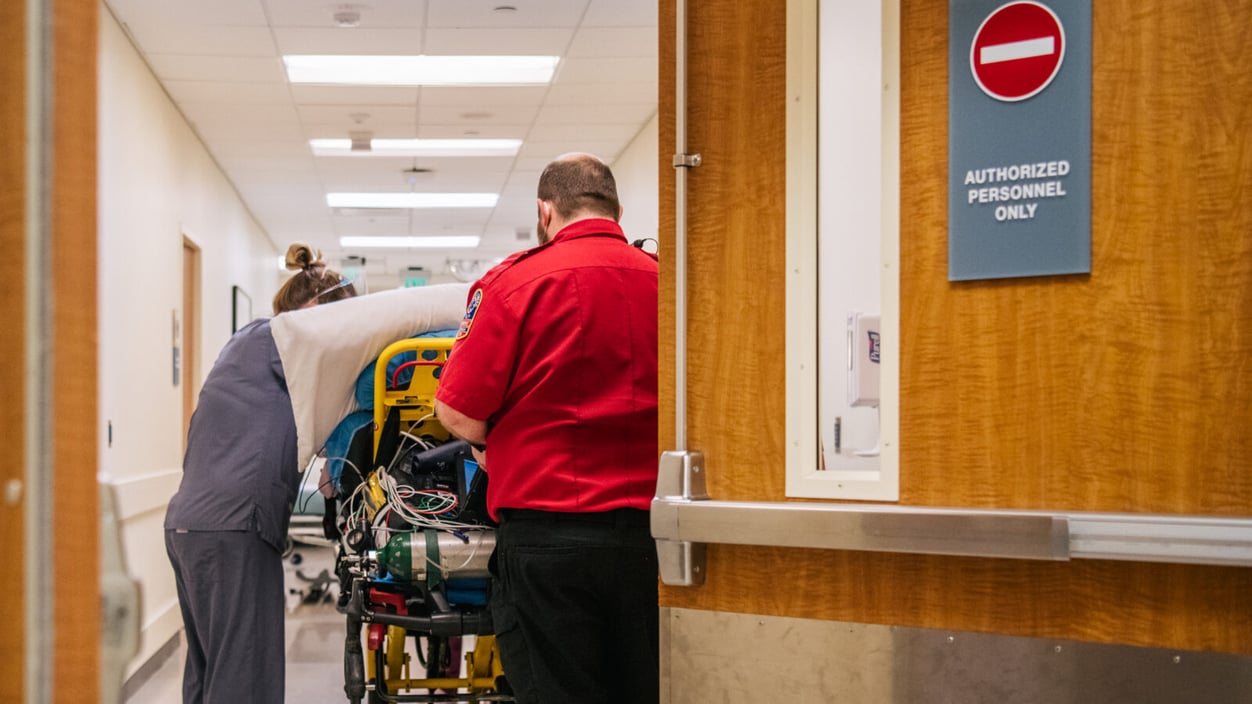first opinion
This vital health law you've never heard of is in danger

Getty Images
Anyone who has gone to a hospital's emergency room expecting to receive medical care — not knowing where else to turn, uncertain whether a loved one is having a medical emergency and what can be done about it, or unsure if they can pay — has relied on a law they probably couldn't name: the Emergency Medical Treatment and Labor Act. EMTALA is the only law in the country that ensures no matter who you are or what you're dealing with, a hospital emergency department will provide you with emergency care.
Today, the U.S. Supreme Court will hear a state challenge to EMTALA's universal access rule, as Idaho lawmakers claim that laws criminalizing abortion, with only an exception to save the life of the pregnant person, are not preempted by the act. In a First Opinion essay, health law professor Nicole Huberfeld argues that if any carve-out to EMTALA is allowed, there will be far-reaching effects for emergency care beyond abortion.
one big number
131 million
The number of people living in areas around the U.S. with unhealthy levels of air pollution, according to the "State of the Air" report released today from the American Lung Association.
obesity
Spending on new weight-loss drugs surged last year
Spending on GLP-1 drugs like Ozempic and Wegovy ballooned last year and is set to further increase costs for the U.S. health care system and the federal government, according to two new reports released Wednesday.
One study from the American Society of Health-System Pharmacists found that GLP-1 treatments were a main driver of the increase in overall drug spending by health entities such as pharmacies and hospitals last year. The other report, from the Kaiser Family Foundation, looked at the impact of the recent approval of Wegovy to prevent cardiovascular complications. Taken together, the reports provide a window into the financial pressure that GLP-1 drugs could place on the health care system as more people take the medications, STAT's Elaine Chen reports. Read more on the financial implications of these blockbuster drugs.


No comments